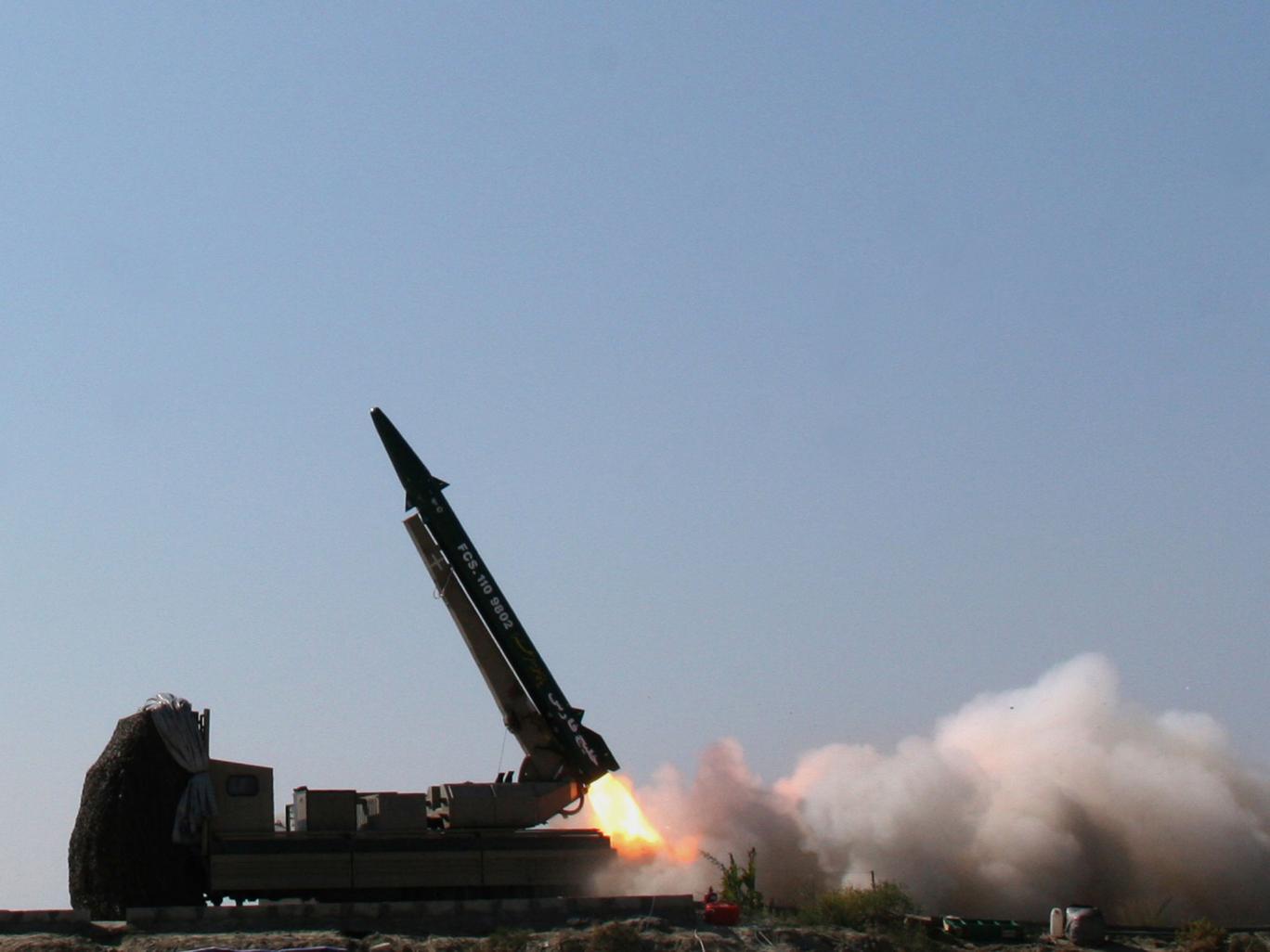Iran confirms ballistic missile test and vows it will not 'allow foreigners to interfere in our affairs'
Wed 01 Feb 2017, 18:30:08

Iran has confirmed it carried out a ballistic missile test but insisted it did not violate the landmark nuclear deal reached with world powers.
Hossein Dehghan, the Iranian defence minister, said: “The recent test was in line with our plans and we will not allow foreigners to interfere in our defence affairs."
American officials said a medium-range ballistic missile exploded after travelling 630 miles on Sunday but the account was not originally confirmed by Tehran.
The UN Security Council met privately over the launch on Tuesday evening, which Boris Johnson called "very concerning".
Nikki Haley, Donald Trump's pick for US ambassador to the UN, said afterwards that the council should take action over the “alarming" test.
She called it “absolutely unacceptable” and said Iran was“being naive” by thinking the US and others would believe repeated assertions by Iran that the weapons development was for defence.
“I will tell the people across the world that is something we should be alarmed about,” she added. “You will see us call them out as we said we would, and you're also gonna see us act accordingly.”
Mr Trump has frequently targeted Iran, criticising the nuclear deal and including the nation among seven Muslim-majority "countries of concern" in an executive order temporarily banning immigration.
Hassan Rouhani, the Iranian President, issued a muted response saying: "Let's help neighbouring cultures, not build walls between nations."
Britain's UN ambassador, Matthew Rycroft, said the
Security Council decided to refer the test to its committee dealing with Iranian issues (2231) and asked for an investigation.
Security Council decided to refer the test to its committee dealing with Iranian issues (2231) and asked for an investigation.
He described the step as "another destabilising step for an already unstable region".
Mohammad Javad Zarif, the Iranian foreign minister, insisted missile tests did not violate the historic nuclear deal struck in 2015 to limit his country's capability.
He said the missiles were not designed to carry a nuclear warhead - a move prohibited by a UN Security Council resolution - and were part of "legitimate defence”.
But the US, which maintains its own set of sanctions against Iran, has argued that previous launches are in defiance of the ban.
Its latest launch provoked anger among Israeli politicians, with Prime Minister Benjamin Netanyahu saying he planned to discuss Iran in his upcoming meeting with Mr Trump in Washington.
“I intend to raise with him the renewal of sanctions against Iran, sanctions against the ballistic missiles and additional sanctions against terror and also to take care of this failed nuclear agreement,” he said.
In March, Iran test-fired two ballistic missiles - one emblazoned with the phrase “Israel must be wiped out” in Hebrew - sparking international outcry.
The EU called on Tehran to “refrain from activities which deepen mistrust“, with foreign policy spokesperson Nabila Massrali saying that a ballistic missile test would not constitute a violation of the nuclear deal but was “inconsistent” with Resolution 2231.
No Comments For This Post, Be first to write a Comment.
Most viewed from International
Most viewed from World
AIMIM News
Latest Urdu News
Most Viewed
May 26, 2020
Do you think Canada-India relations will improve under New PM Mark Carney?
Latest Videos View All
Like Us
Home
About Us
Advertise With Us
All Polls
Epaper Archives
Privacy Policy
Contact Us
Download Etemaad App
© 2025 Etemaad Daily News, All Rights Reserved.



.jpg)






.jpg)
.jpg)








.jpg)
.jpg)
.jpg)
.jpg)
.jpg)

















